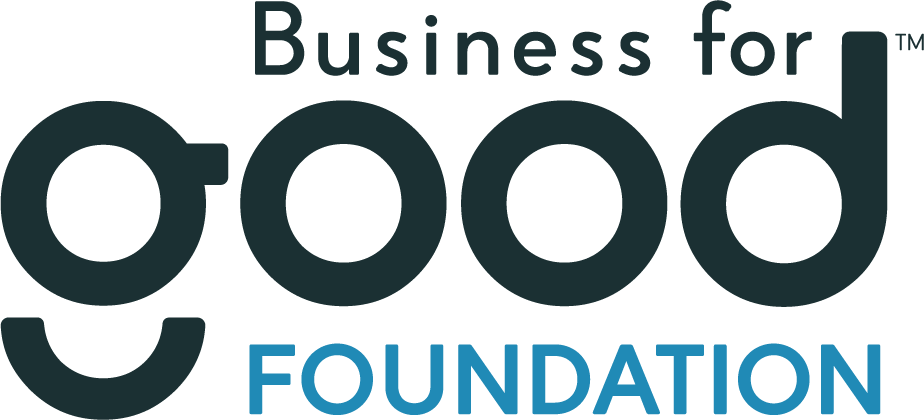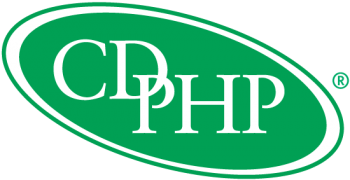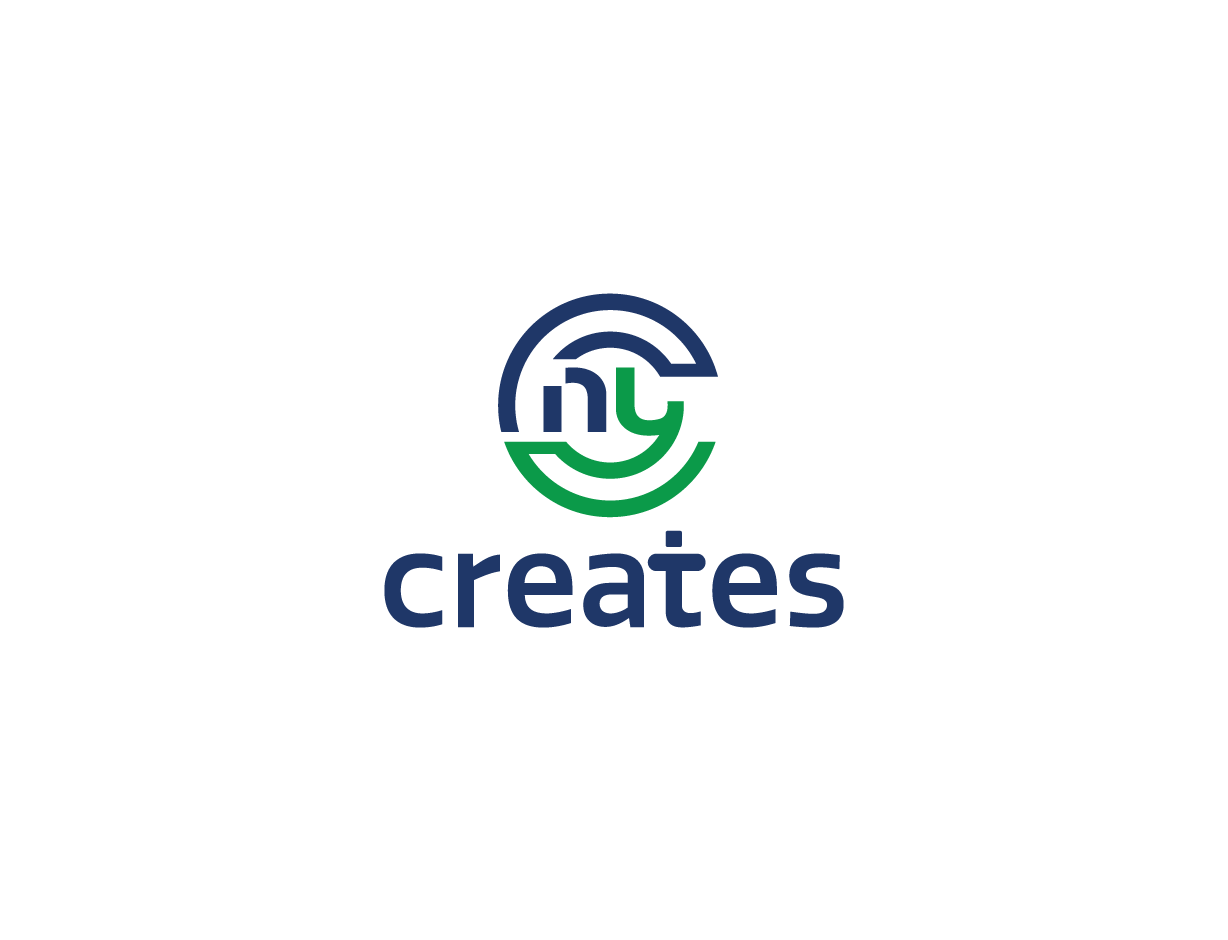News
October 17, 2019NYSP2I and the Carey Institute to Create Supplier Code of Conduct to Enable Sustainable Brewing in NYS
The Sustainable Communities Program at the Carey Institute for Global Good will begin work with the New York State Pollution Prevention Institute (NYSP2I) to develop a Supplier Code of Conduct for use by New York State brewers. The goal of the project is to enable environmentally sustainable practices and purchasing decisions within the upstream brewing supply chain.
There is growing interest in sustainability within the craft brewing industry, especially in New York State. A recent survey conducted by the Carey Institute (Carey Institute for Global Good 2019) indicated that small, rural breweries in the state consider environmental sustainability to be key to their future success.
The environmental impacts of craft beer occur largely “upstream,” in the production and transportation of raw materials and packaging, prior to the brewing stage. The project will give brewers an opportunity to learn about the impact of their upstream supply chain The project will result in a report summarizing upstream impacts, tools and best practices for making sustainable purchasing decisions and a supplier code of conduct that brewers can use with their suppliers to document and validate sustainable practices.
Funding for the project is provided by NYSP2I through a grant from the Environmental Protection Fund as administered by the New York State Department of Environmental Conservation. The partnership with the Sustainable Communities Program at the Carey Institute will enhance the project by incorporating industry knowledge and the engagement of a network of brewers and suppliers to create a user-centered code of conduct.
“This is an exciting and important project for the industry,” says Brendan Harder, Cofounder, Beer Tree Brewing Company in Port Crane, NY. “Sustainability is a core part of our businesses. We were the first brewery in the state to become NY Grown & Certified and are always looking for other ways to improve our environmental performance. Right now, we are working with our malt house to explore solutions for reducing packaging waste from our malt shipments. We look forward to participating in the project and learning about ways to make our upstream supply chain more sustainable.”



























